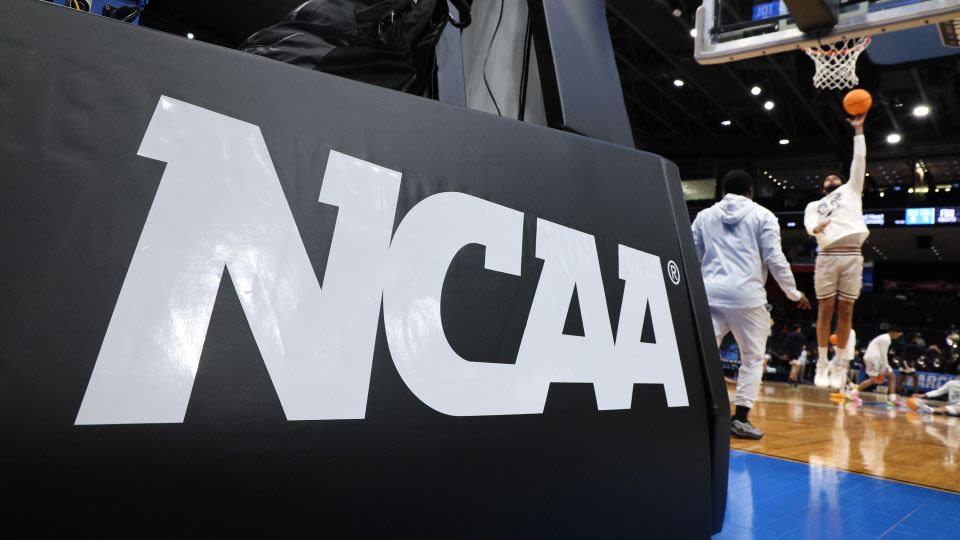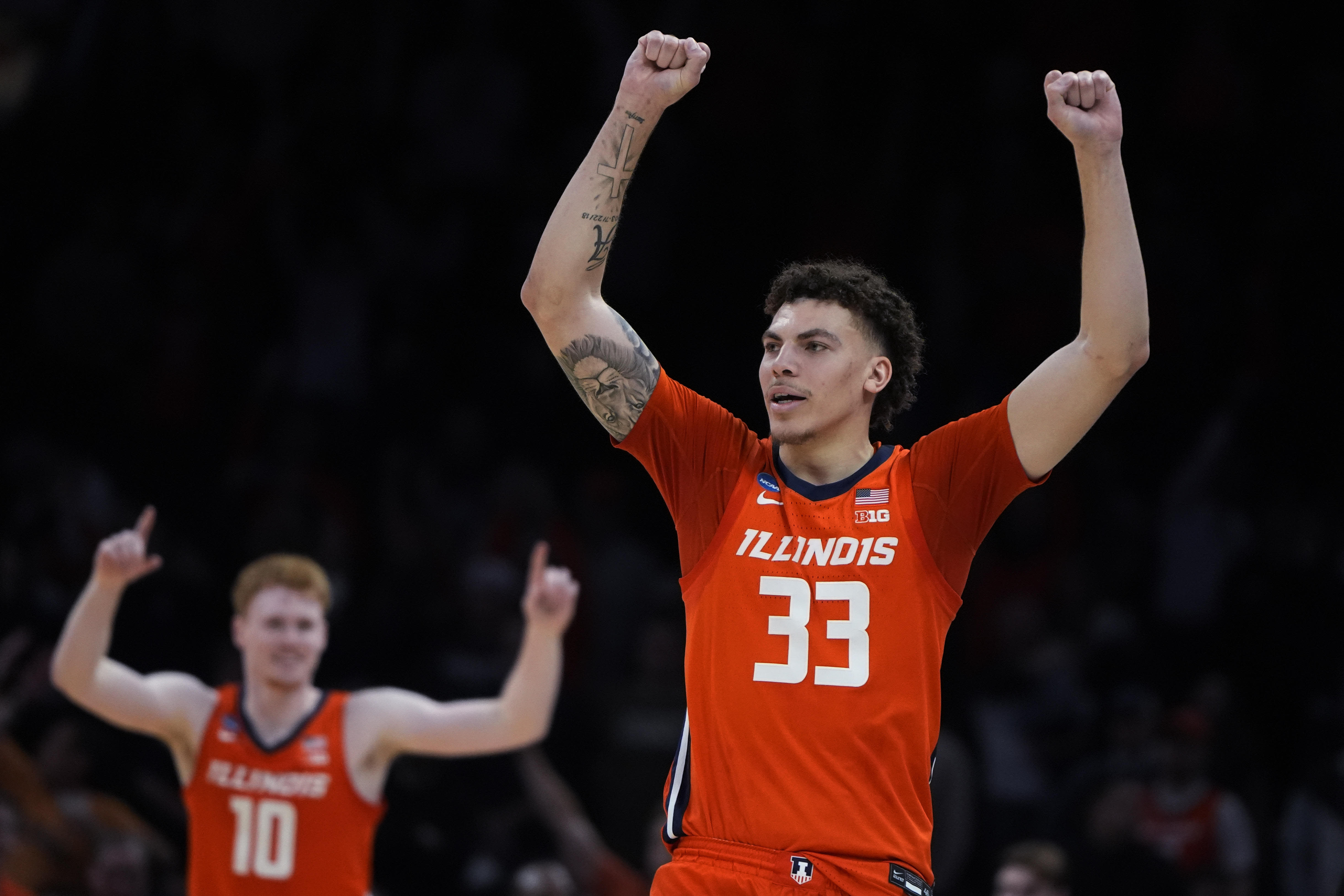Search results
May not participate in professional competition
- Student-athletes must be amateurs and may not participate in professional competition.
en.wikipedia.org › wiki › Student_athlete
News about Oregonian, Bob Casey, transgender athlete
News about NCAA, Seacoast, Ohio State
News about Hemingford, Maine State Championship, Bobcat Tracksters
People also ask
Can a student-athlete make a college athletic team?
Can older students play college sports?
What are the advantages of competing in college sports?
How many high school athletes go to college?
Feb 8, 2021 · The advantages of competing in college sports are both immediate and lifelong. Participating in college sports provides opportunities to learn, compete and succeed. Student-athletes receive top-notch academic support, quality medical care and regular access to outstanding coaching, facilities and equipment.
- NCAA Eligibility Rules and Academic Requirements
- NCAA Amateurism Requirements
- NCAA Division 1 Eligibility Requirements
- NCAA Division 2 Eligibility Requirements
- NCAA Division 3 Eligibility Requirements
- Academic Status: What Your Academic Status with The NCAA Means
- Covid-19 Policies
In response to the COVID-19 pandemic, the NCAA temporarily eased initial eligibility requirements by removing standardized testing. This change will now become a permanent policy for students starting college full-time from the 2023-2024 academic year onward. This means the NCAA will no longer require standardized testing as part of the eligibility...
Your amateur status is determined by following NCAA amateurism rules, which are in place to ensure that student-athletes do not receive compensation or benefits that could jeopardize their amateur status. Students who are enrolling at a D1 or D2 school for the first time must obtain a final amateurism certification before becoming eligible to parti...
For high-school athletes enrolling in college full-time in 2023-24 and beyond: 1. Complete 16 core courses using pass/fail grades: 1.1. English: 4 years 1.2. Math (Algebra 1 or higher): 3 years 1.3. Natural/Physical Science (Including 1 year of lab, if offered): 2 years 1.4. Social Science: 2 years 1.5. Additional Courses 1.5.1. English, Math or Sc...
For high-school athletes enrolling in college full-time in 2023-2024 and beyond: 1. Complete 16 core courses using pass/fail grades: 1.1. English: 4 years 1.2. Math (Algebra 1 or higher): 3 years 1.3. Natural/Physical Science (Including 1 year of lab, if offered): 2 years 1.4. Social Science: 2 years 1.5. Additional Courses 1.5.1. English, Math or ...
Division 3 schools are responsible for setting their own academic eligibility rules. If you are going to be competing for a D3 institution, or if you are unsure what division level you’ll be competing at, you can start with a free NCAA Profile page. If you do decide to pursue a D1 or D2 program, you can always transition to a Certification Account ...
The NCAA will only review an athlete’s eligibility status if their status has been requested by a D1 or D2 college. This process will begin once you graduate high school and complete the minimum 16 core courses with a minimum GPA average in these courses.You also need to request your final amateurism certification from the NCAA Eligibility Center. ...
The chart below has been created to help people understand the NCAA’s new legislation and stay informed about COVID-19 policies that might affect students who start full-time enrollment in the academic year 2023-24 and later. See these NCAA FAQsregarding COVID-19 policies for more info.
- (866) 495-5172
- 1 min
Jan 28, 2022 · Please see NCAA medical exception procedures for additional details related to these requirements. For a trans woman student-athlete to be eligible to compete in an NCAA women’s sport, the student-athlete’s school must submit the following: NCAA Transgender Student-Athlete Eligibility Review Form; and.
While the National Collegiate Athletic Association (NCAA) does not set an official age limit for student-athletes to play college sports, their strict eligibility requirements can limit older students’ ability to play.
May 31, 2018 · According to the , approximately 480,000 of the nearly 8 million graduating high school athletes will go on to compete in college. Safe to say, making a college athletic team is quite an accomplishment! And the good news is, as a student-athlete, you’re more likely to graduate than your peers.
Mar 30, 2015 · Student-athletes can continue to compete in a highly competitive athletics program while receiving all benefits of college life. ( The proof: Tell the stories of student-athletes in your program who have had a comprehensive educational experience – a holistic approach that includes rigorous academics, competitive athletics and the ...
Aug 24, 2023 · Print. Since 2020, 23 states have passed laws restricting transgender athletes' ability to participate in school sports in accordance with their gender identity. The laws vary from state to...




